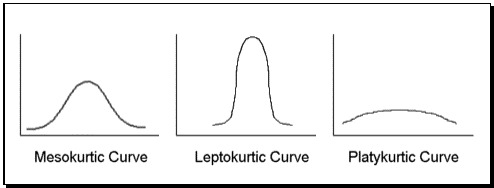
Parental Bonding Influences Anxiety in Adulthood
It’s no secret that your childhood experiences affect how you relate to the world as an adult. We’re still learning the specifics about how exactly the former shapes the latter, though.
Recently, a team of Japanese researchers published a study looking at whether the way children bond with their parents influences how anxious they are when they become adults.
For the experiment, researchers form Tokyo Medical University and Hokkaido University Graduate School recruited 853 adult participants. The participants filled out several surveys covering childhood experiences as well as adulthood feelings of anxiety and self-esteem.
When the data came in, it turned out that childhood parental bonding seemed to influence adulthood anxiety in a couple different ways. However, the relationship between the two was mediated by self-esteem, meaning childhood parental bonding affected adult self-esteem, which in turn affected adult anxiety.
First, participants who reported more parental care during childhood had lower trait anxiety in adulthood – that is, they were generally less prone to feeling anxiety as adults. More specifically, parental care during childhood raised self-esteem later on, which in turn lowered trait anxiety.
On the other hand, parental overprotection during childhood had the opposite effect. In other words, parental overprotection lowered self-esteem in adulthood, which raised trait anxiety.
Moreover, the relationship between parental bonding, self-esteem and anxiety wasn’t exactly subtle. In fact, it appeared to explain 51.1 percent of the variance in participants’ trait anxiety scores.
While more research is needed to figure out how parental bonding interacts with other factors that shape adult anxiety, is does appear that how children relate to their parents influences how prone they are to feeling anxiety when they become adults.
In particular, children who receive more parental care may tend to be less anxious as adults. Meanwhile, children who receive parental overprotection may end up more anxious on average.
These results suggest that for parents, finding the happy medium of being caring but not overprotective is the way to go. They’re also a reminder for all of us that in many ways, who we are as adults goes back to what we experienced as children.
Image: Flickr/Patrik Nygren under CC BY-SA 2.0